
Invention historian. I write *Age of Invention*, an email newsletter on the history of invention
3 subscribers
How to get URL link on X (Twitter) App

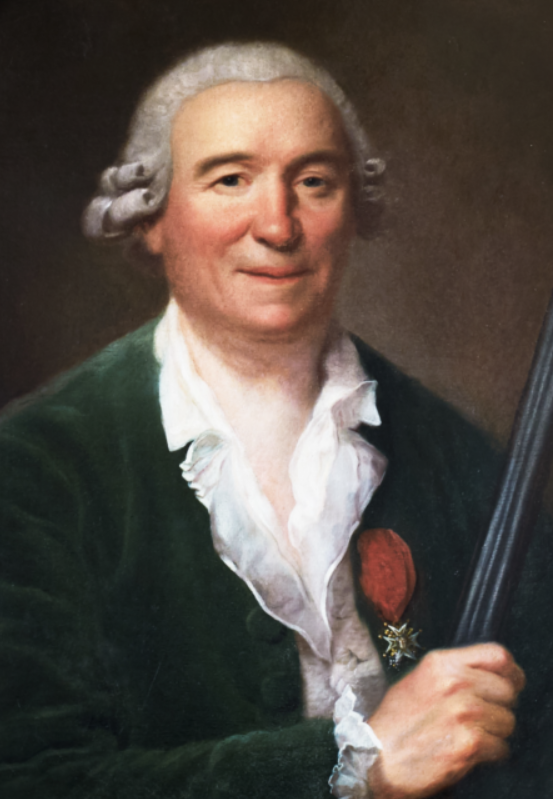
 Holker was a skilled cloth manufacturer in 1740s Manchester. But he was also a Catholic - at time when they were second-class citizens - and a Jacobite.
Holker was a skilled cloth manufacturer in 1740s Manchester. But he was also a Catholic - at time when they were second-class citizens - and a Jacobite.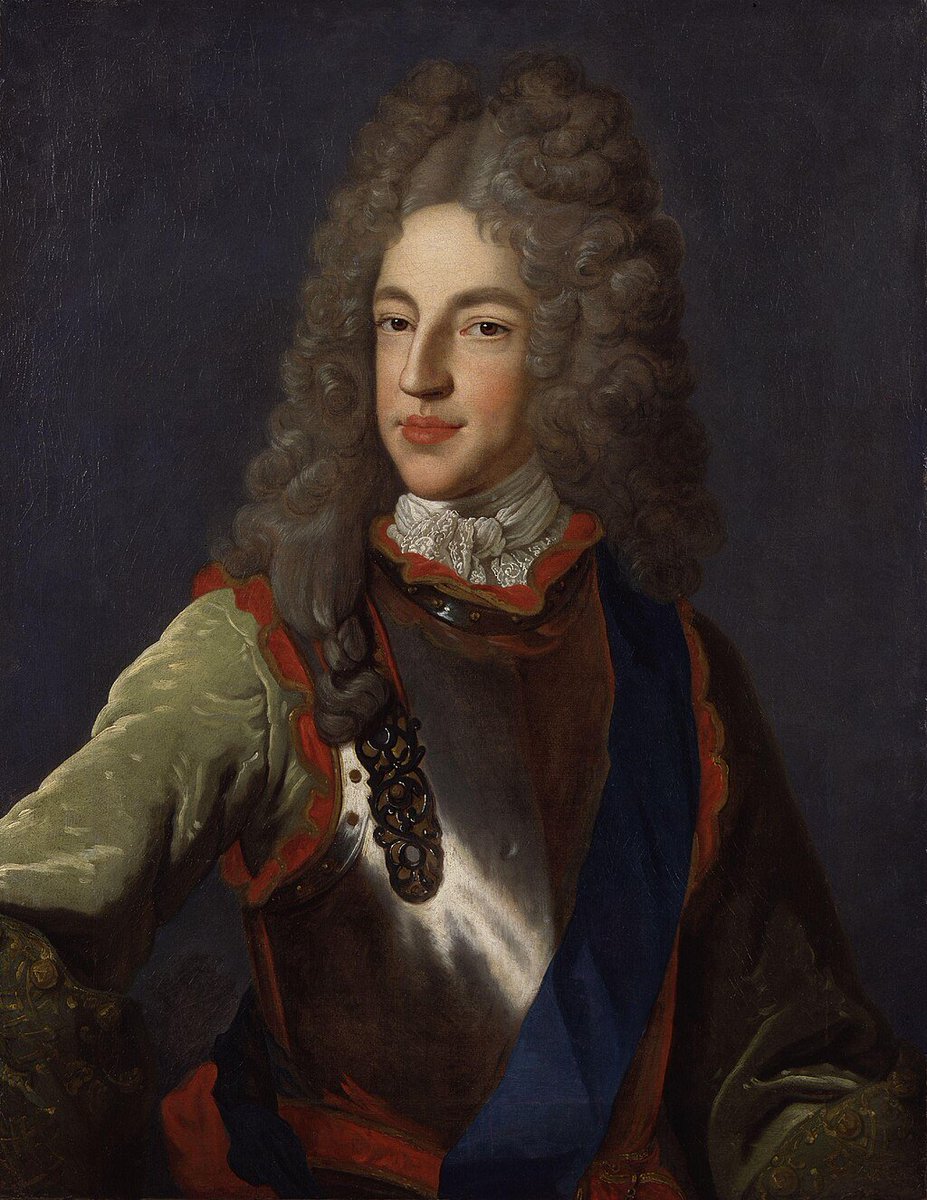
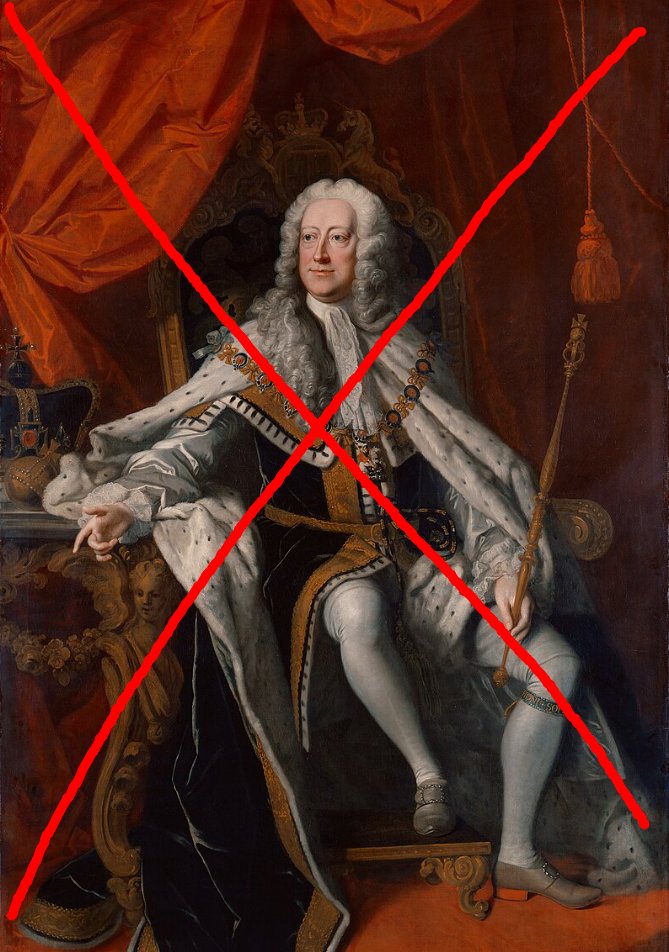


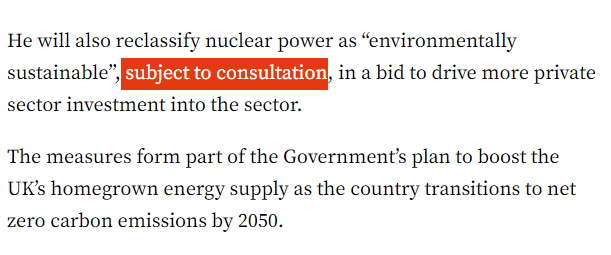
 Take Local Plans - not even actual building, but just what kind of building might be done. The Yorkshire Dales for example finished its FIFTH consultation for a local plan. Must be advanced, you think. Nope, it's "about engaging stakeholders on the direction of policy travel"
Take Local Plans - not even actual building, but just what kind of building might be done. The Yorkshire Dales for example finished its FIFTH consultation for a local plan. Must be advanced, you think. Nope, it's "about engaging stakeholders on the direction of policy travel" 
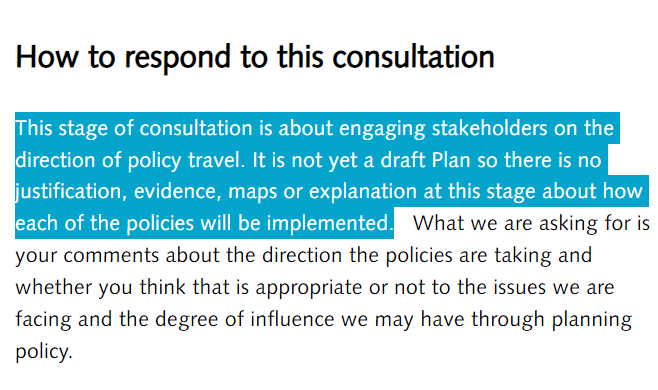
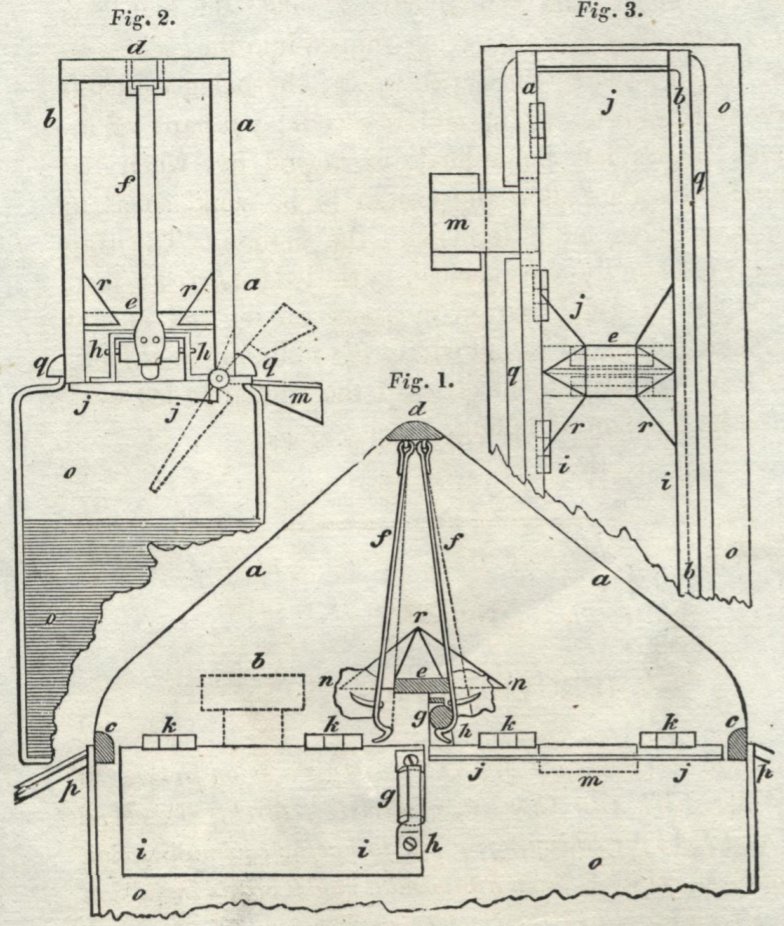
 Answer: it is, in fact, a better mousetrap! Built by James Skinner in 1826.
Answer: it is, in fact, a better mousetrap! Built by James Skinner in 1826. 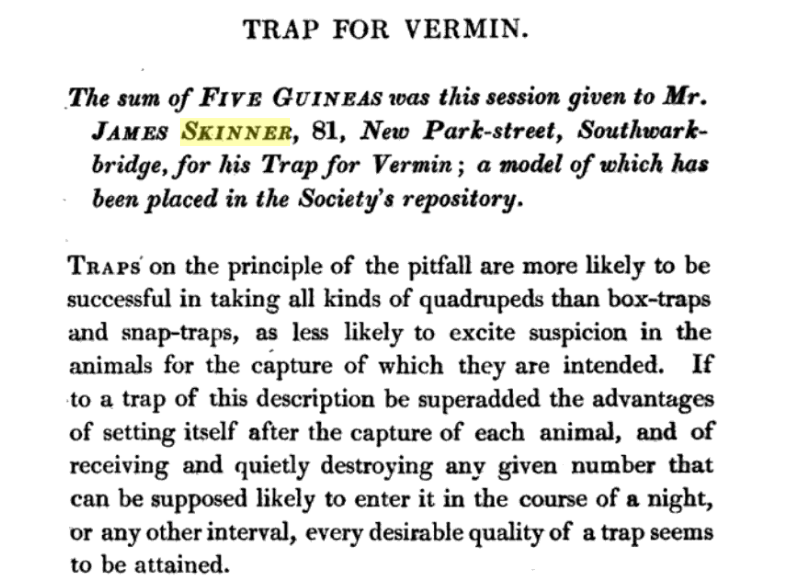
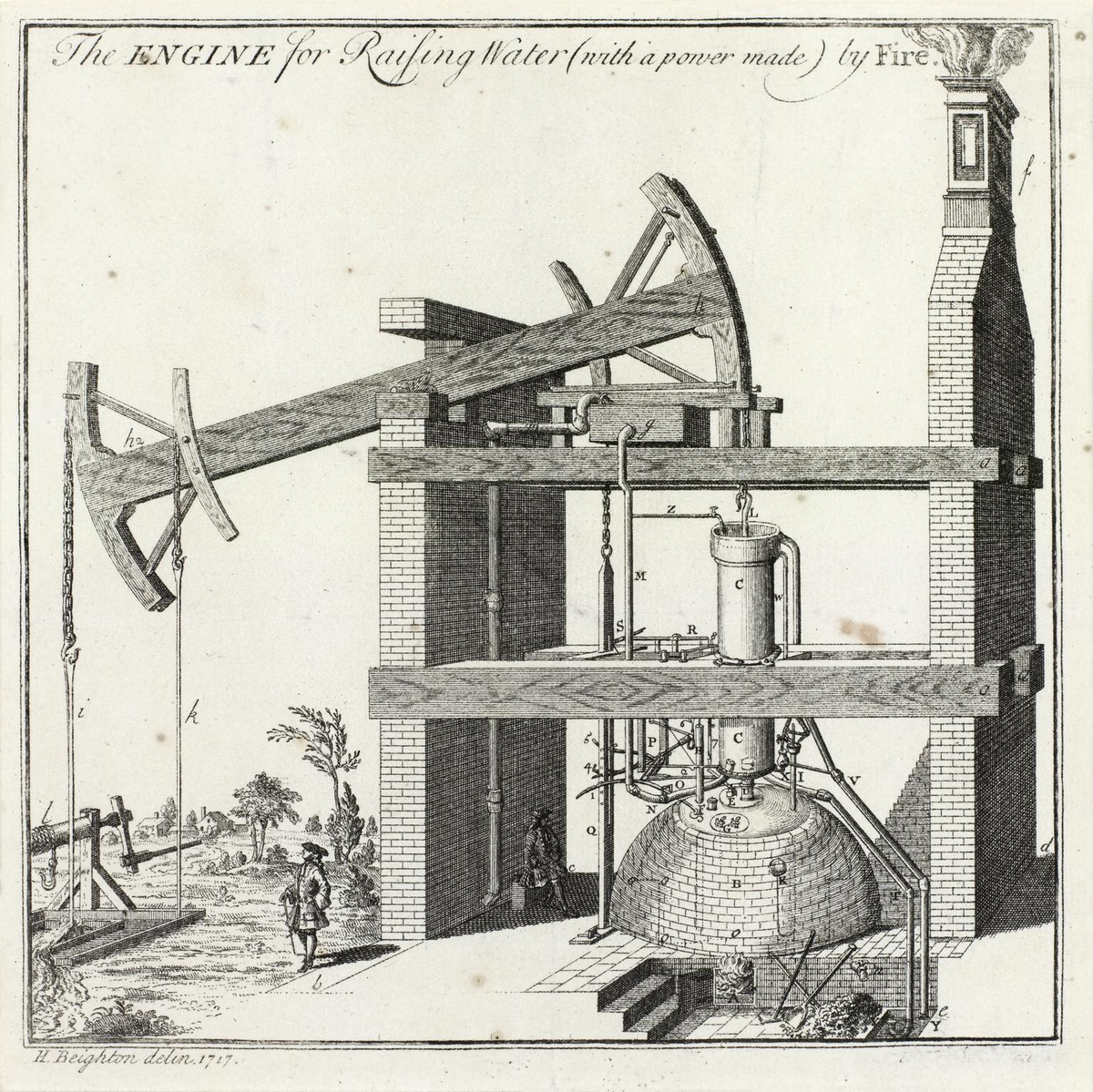
 The claimant is Jerónimo de Ayanz y Beaumont, an aristocrat and military engineer from Navarre.
The claimant is Jerónimo de Ayanz y Beaumont, an aristocrat and military engineer from Navarre. 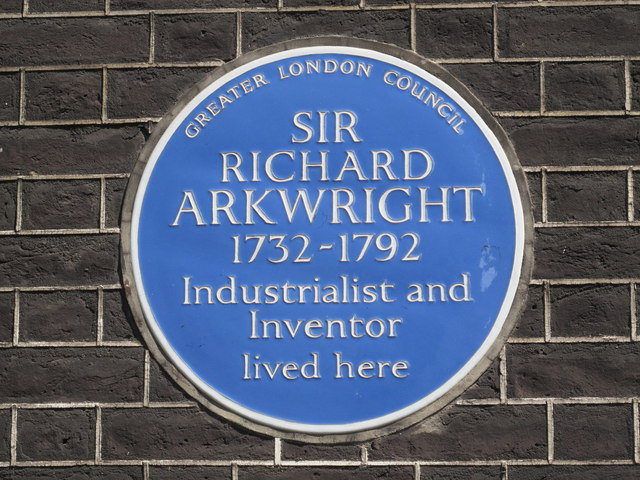
 The idea began in the 1860s, with the utilitarian MP William Ewart. His claim to fame, in the 1850s, had been to pass laws enabling local authorities to raise taxes to pay for public museums and libraries.
The idea began in the 1860s, with the utilitarian MP William Ewart. His claim to fame, in the 1850s, had been to pass laws enabling local authorities to raise taxes to pay for public museums and libraries.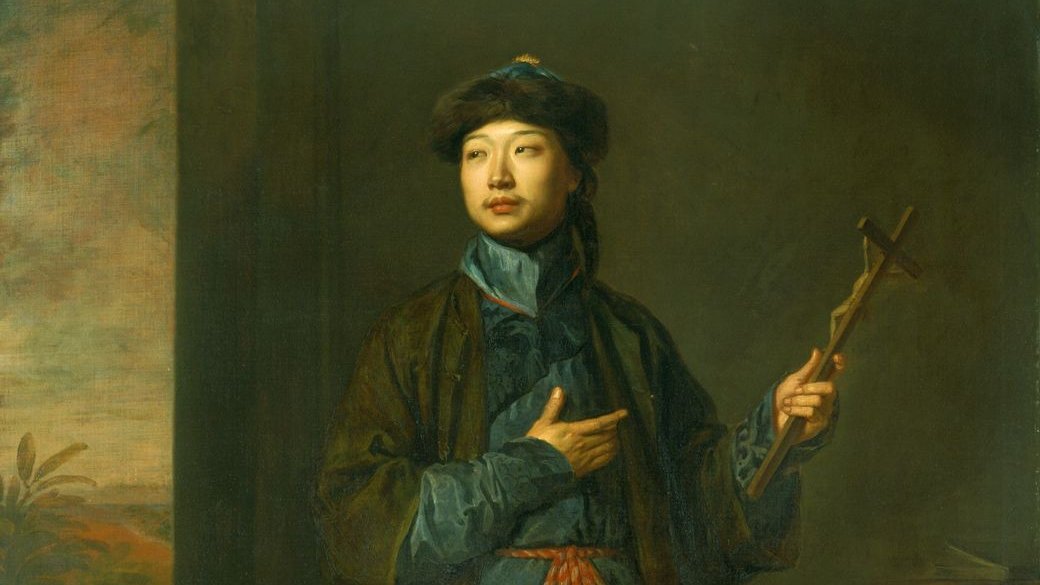
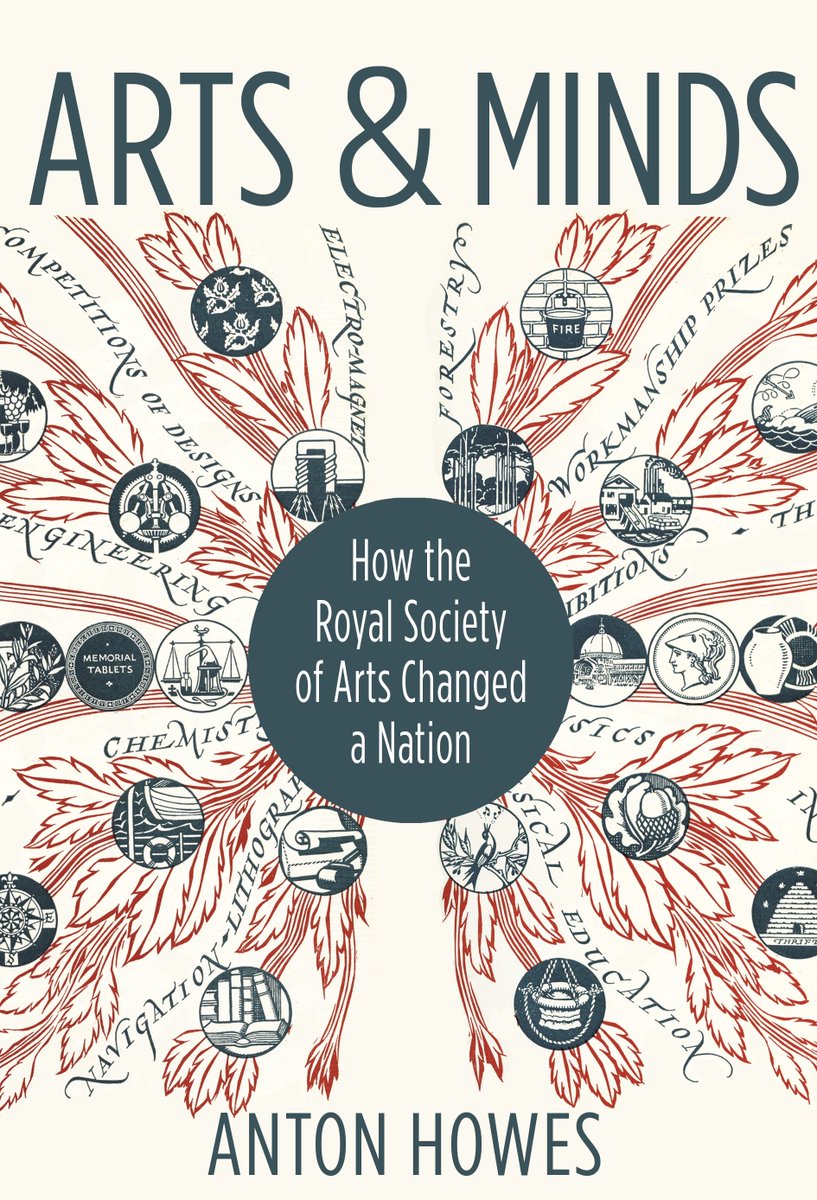
 To my horror, I discovered that I had actually hugely misread UK copyright law, and had to scramble over the holiday break to make sure I had the rights to ALL the illustrations in time.
To my horror, I discovered that I had actually hugely misread UK copyright law, and had to scramble over the holiday break to make sure I had the rights to ALL the illustrations in time.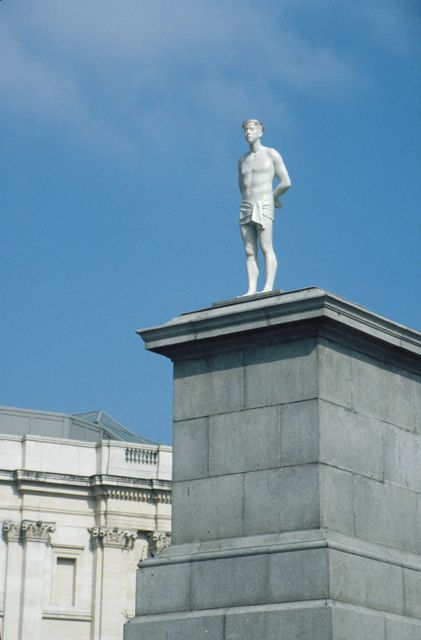
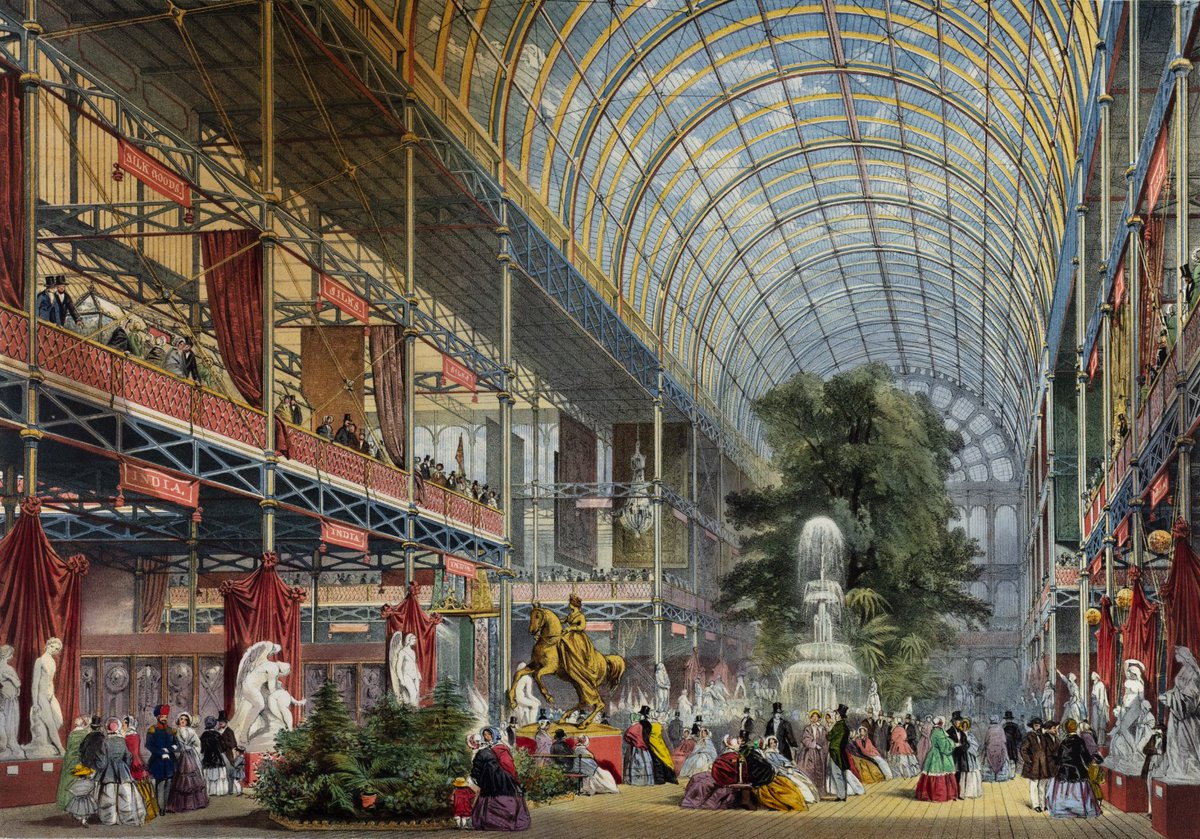
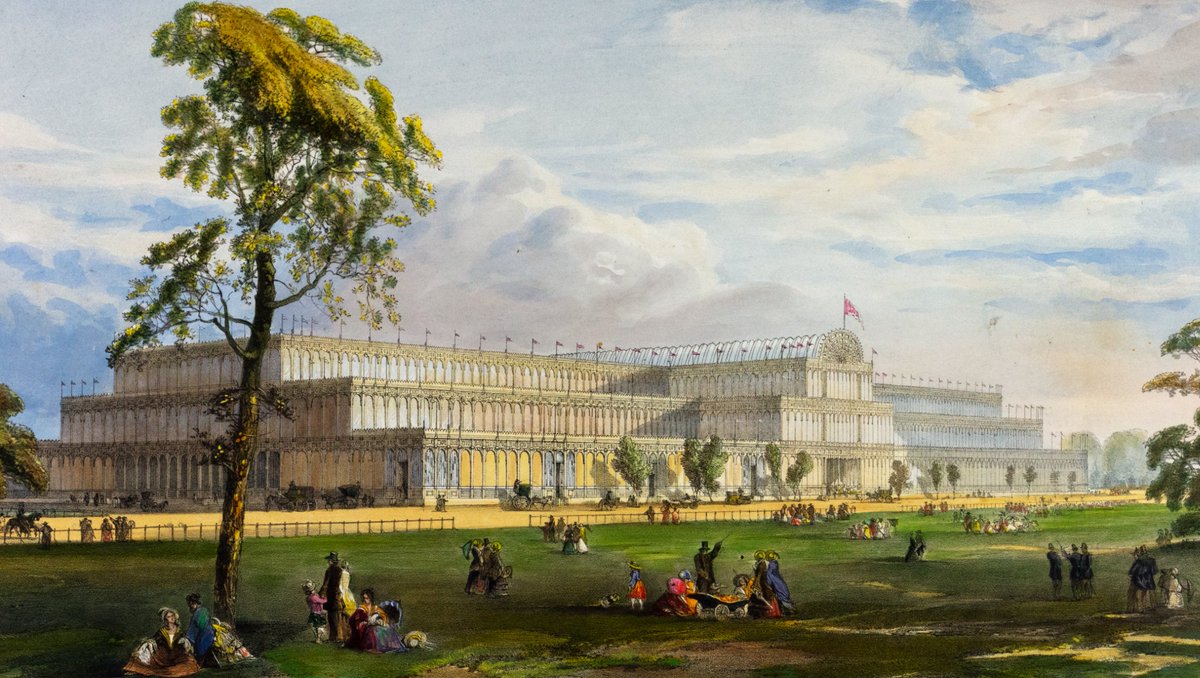
 The idea of an exhibition in Britain originated in the 1840s, led by the civil engineer Francis Whishaw, who was also secretary of the Society for the Encouragement of Arts, Manufactures and Commerce (@theRSAorg) - the subject of my book, just out: amazon.co.uk/Arts-Minds-Soc…
The idea of an exhibition in Britain originated in the 1840s, led by the civil engineer Francis Whishaw, who was also secretary of the Society for the Encouragement of Arts, Manufactures and Commerce (@theRSAorg) - the subject of my book, just out: amazon.co.uk/Arts-Minds-Soc…
